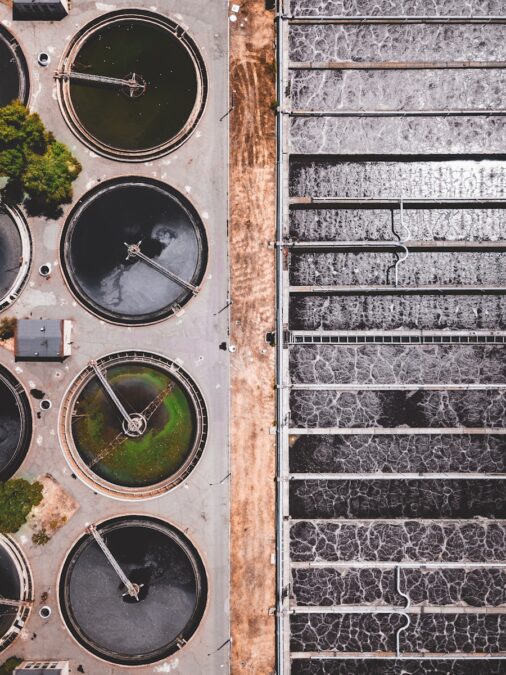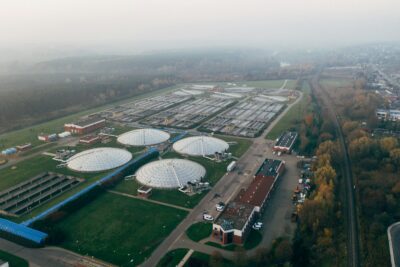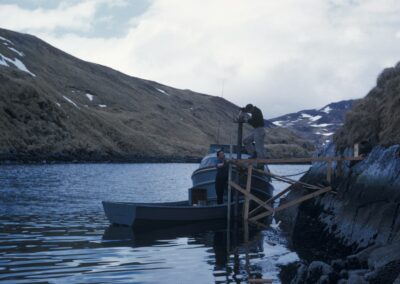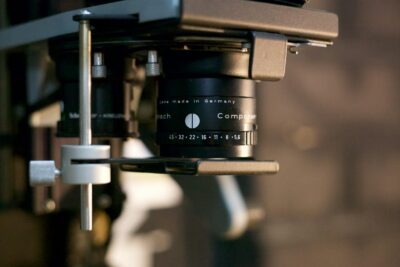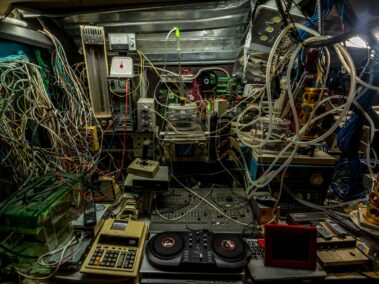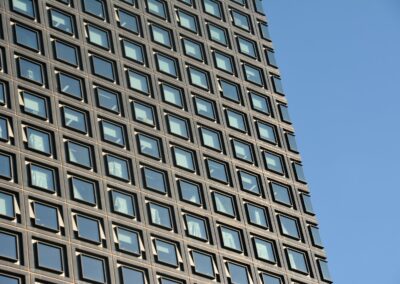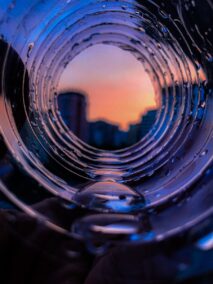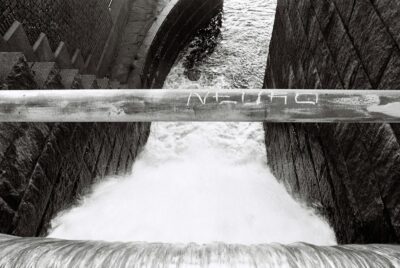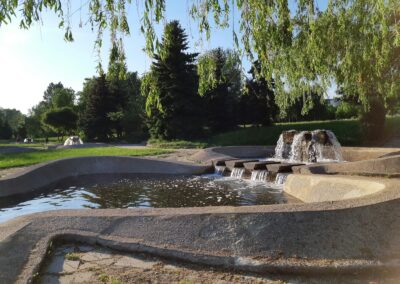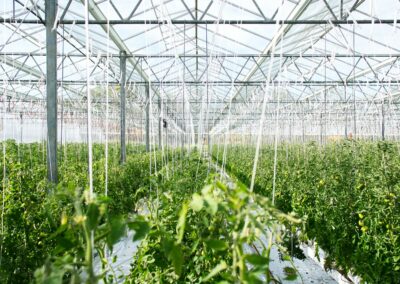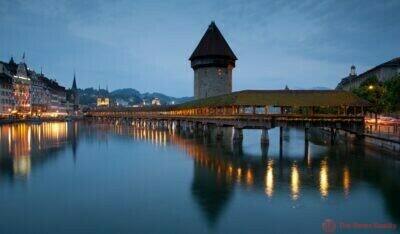Graphene and Carbon Nanotubes: The Future of Water Filtration
Exploring the Potential of Advanced Materials
The integration of innovative materials in water filtration systems represents a significant leap forward in addressing global water challenges. In regions such as Saudi Arabia and the UAE, where water scarcity is a pressing issue, leveraging advanced materials like graphene and carbon nanotubes can offer enhanced performance and durability in water purification. These materials have unique properties that make them exceptionally effective at removing contaminants and ensuring a reliable supply of clean water.
Graphene, a single layer of carbon atoms arranged in a two-dimensional lattice, boasts remarkable strength, conductivity, and flexibility. Its high surface area and ability to adsorb a wide range of contaminants make it an ideal candidate for water filtration. In Riyadh and Dubai, cities that are at the forefront of technological innovation, the adoption of graphene-based filtration systems can significantly improve water quality and availability. These systems can effectively remove heavy metals, organic pollutants, and pathogens, ensuring safe drinking water for residents.
Similarly, carbon nanotubes, which are cylindrical structures made of carbon atoms, offer exceptional mechanical and electrical properties. Their high aspect ratio and unique electronic characteristics allow them to filter water at the molecular level, capturing even the smallest contaminants. In the UAE, where desalination is a critical component of the water supply, carbon nanotube membranes can enhance the efficiency of desalination plants by reducing energy consumption and improving filtration performance.
Implementing Innovative Solutions in Saudi Arabia and the UAE
The implementation of graphene and carbon nanotube-based water filtration systems in Saudi Arabia and the UAE aligns with the regions’ commitment to sustainable development and technological advancement. In Riyadh, for instance, integrating these advanced materials into existing water infrastructure can enhance the city’s resilience to water scarcity and ensure a continuous supply of clean water. This proactive approach not only addresses immediate water challenges but also supports long-term sustainability goals.
Dubai, known for its cutting-edge infrastructure and innovative solutions, can benefit from the enhanced performance and durability offered by graphene and carbon nanotube filtration systems. These materials can be incorporated into various water treatment processes, including desalination, wastewater treatment, and industrial water purification. By adopting such advanced technologies, Dubai can maintain its position as a leader in sustainable urban development and set a benchmark for other cities to follow.
Moreover, the use of innovative materials in water filtration systems can create new opportunities for research and development in the region. Collaborations between universities, research institutions, and industry players in Saudi Arabia and the UAE can drive further advancements in material science and water treatment technologies. This collaborative approach not only accelerates the adoption of cutting-edge solutions but also fosters a culture of innovation and continuous improvement.
Enhancing Business Success through Sustainable Water Management
For businesses in Saudi Arabia and the UAE, the adoption of advanced water filtration systems using innovative materials can enhance operational efficiency and sustainability. Companies across various industries, from manufacturing to hospitality, rely heavily on a consistent supply of clean water. By integrating graphene and carbon nanotube-based filtration systems, businesses can ensure a reliable water supply, reduce operational costs, and minimize their environmental footprint.
In Riyadh, businesses can leverage advanced water filtration technologies to improve their sustainability practices and meet regulatory requirements. For example, manufacturing plants can use graphene-based filters to treat industrial wastewater, reducing the discharge of harmful pollutants into the environment. This not only helps companies comply with environmental regulations but also enhances their corporate social responsibility (CSR) profiles.
In Dubai, the hospitality sector can benefit from the enhanced performance of innovative water filtration systems. Hotels and resorts can use these advanced materials to ensure that their water supply is free from contaminants, providing guests with a safe and enjoyable experience. Additionally, the energy efficiency of graphene and carbon nanotube-based systems can help reduce operational costs, contributing to the overall profitability of the business.
Strategic Integration for Enhanced Water Security
Leadership and Management in Implementing Advanced Technologies
Effective leadership and management are crucial for the successful integration of innovative materials in water filtration systems. In Saudi Arabia and the UAE, where technological innovation is a key driver of economic growth, leaders must be equipped to navigate the complexities of adopting these advanced technologies. Training programs and workshops that focus on the strategic use of graphene and carbon nanotubes can equip business leaders and policymakers with the skills needed to implement these solutions effectively.
In Riyadh, leaders can foster a culture of innovation by encouraging collaboration between various stakeholders, including government agencies, research institutions, and private sector companies. By promoting open communication and data sharing, leaders can develop comprehensive strategies that address water challenges and ensure the successful integration of advanced materials into water filtration systems. This collaborative approach not only enhances water security but also drives economic growth and development.
In Dubai, effective project management is essential for the seamless implementation of graphene and carbon nanotube-based filtration systems. Project managers must develop detailed plans that outline the goals, timelines, and resources required for the integration process. Regular progress reviews and adjustments based on feedback can help address any challenges that arise, ensuring that the project stays on track and achieves its objectives.
Ensuring Regulatory Compliance and Environmental Sustainability
Regulatory compliance and environmental sustainability are critical considerations in the implementation of advanced water filtration systems. In Saudi Arabia and the UAE, where environmental regulations are becoming increasingly stringent, businesses must ensure that their water treatment processes meet the required standards. The use of innovative materials such as graphene and carbon nanotubes can help companies achieve regulatory compliance while enhancing the sustainability of their operations.
In Riyadh, businesses can work closely with regulatory authorities to ensure that their water filtration systems are compliant with local and international standards. By adopting advanced materials, companies can reduce their environmental impact and contribute to the overall sustainability goals of the region. This proactive approach not only helps businesses avoid legal penalties but also enhances their reputation as responsible corporate citizens.
In Dubai, the integration of graphene and carbon nanotube-based filtration systems can support the city’s ambitious sustainability targets. By improving the efficiency and effectiveness of water treatment processes, these innovative materials can help reduce water consumption and minimize waste. This aligns with Dubai’s vision of becoming a global leader in sustainable urban development and sets a positive example for other cities to follow.
Conclusion: Pioneering Sustainable Water Solutions with Advanced Materials
The integration of innovative materials such as graphene and carbon nanotubes in water filtration systems represents a significant advancement in addressing water challenges in Saudi Arabia and the UAE. By leveraging these advanced materials, cities like Riyadh and Dubai can enhance the performance and durability of their water treatment processes, ensuring a reliable supply of clean water for residents and businesses alike.
Effective leadership, strategic project management, and a commitment to regulatory compliance are essential for the successful implementation of these advanced technologies. By fostering a culture of innovation and collaboration, leaders in Saudi Arabia and the UAE can drive the adoption of cutting-edge solutions that enhance water security and support sustainable development.
As the world continues to face growing water challenges, the ability to innovate and adopt advanced technologies will be more important than ever. By embracing the potential of graphene and carbon nanotubes, Saudi Arabia and the UAE can pioneer sustainable water solutions and set a benchmark for other regions to follow. Through strategic planning and continuous innovation, these regions can build a secure and sustainable future, ready to face any challenges that may arise.
—
#WaterFiltration, #Graphene, #CarbonNanotubes, #AdvancedMaterials, #SustainableSolutions, #UAEInnovation, #SaudiArabiaTechnology, #ModernWaterPurification, #SmartCities, #EnvironmentalSustainability

